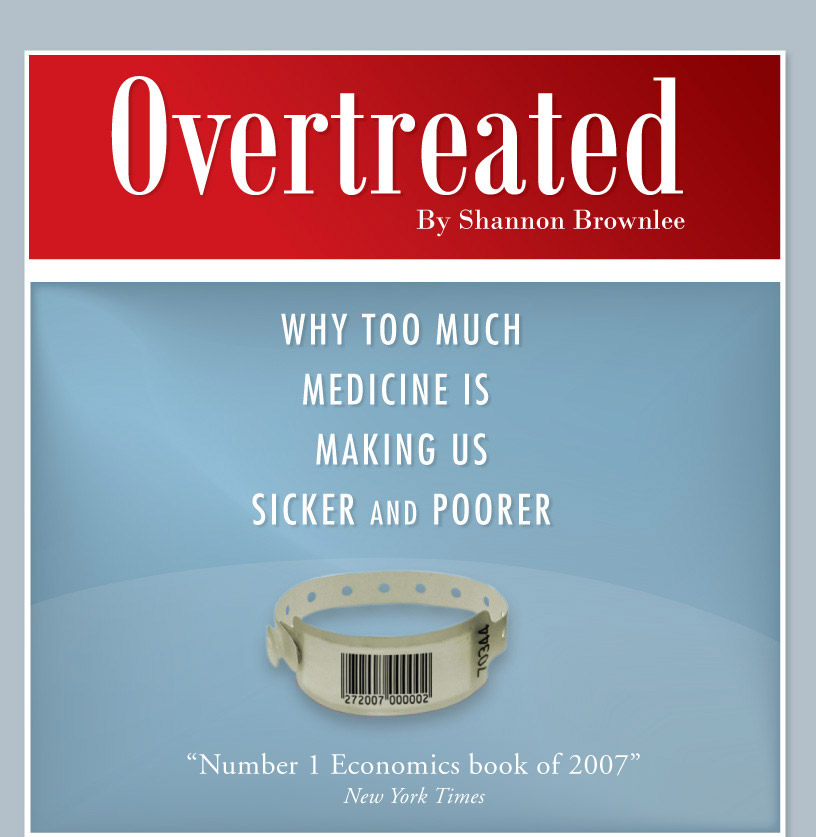Since Saturday evening, I have been attending various meetings and lectures at the American Health Lawyers Association (AHLA) Annual Meeting. Yesterday I sat alongside in-house counsel from around the country learning about how the ACA, Mobile Health, ACOs, and HIPAA are affecting generals counsel of health care organizations.
Today, the AHLA Annual Meeting kicks off with a "Year in Review." Here are some highlights from the past year in healthcare law:
- More U.S. Supreme Court cases than ever before in the area of health care.
- An avalanche of regulations in every area of health care.
- Americans are dead last, because they are dead first:
-- Americans have the shortest life expectancy in the developed world.
-- US men rank last and women rank next to last.
- Unnecessary medical services add up to $210 billion, an amount that would cover all
uninsured Americans. (Institute of Medicine)
- "[T]he American health care market has transformed tax-exempt 'nonprofit' hospitals into the
towns' most profitable businesses and largest employers, often presided over by the regions'
most richly compensated executives." (Steven Brill, The Bitter Pill)
- Under Medicare, a procedure is billed 3x more if the doctor is a hospital employee, than if the
hospital is independent.
- Computers out-perform doctors in treating patients. (ModernHealthcare.com, 2/14/13)
- Miracle of the Year: 20 y.o. Canadian woman delivers baby is 3 degree weather before she can
get to the hospital. The baby is pronounced dead and covered up by a sheet until the coroner can
get there...only to realize later that the sheet was moving and the baby was actually alive!
- Patient Dumping: Nevada buses 1,500 mental patients out of state since 2008. (USA Today,
4/26/13)
- People hated more than lawyers: Congress! A poll has shown that Congress is less favorably
liked than cockroaches, brussel spouts, colonoscopies, and NFL replacement reps (but they did
better than Lindsay Lohan).
- The House has voted to repeal Obamacare 37 times, to no avail. (Washington Post, 5/17/13)
-- Most ACA challenges in the courts have failed.
- Some Health Reform changes over the past year:
-- Young adults are on their parents' policies to age 26.
-- 17 states and DC are establishing exchanges.
-- Medicaid expansion is supported in 27 states (expanded to adults in 7 states).
-- Health home has been option adopted by 10 states.
-- Access to Primary Care: increased Medicare and Medicaid payments to primary care
providers, increased state health center patient capacity.
- The contraceptive mandate debate: under the ACA, health plans must cover women's
preventative care services, including all contraceptive methods (with an exception for religious
employers).
That's all for now! I will continue to blog from the conference over the next few days, so check back in for the latest summaries of meeting and break-out sessions.


